Unpacking 'Don't Take Things Personally': Leveraging Toltec Wisdom in Business Development
Welcome back to my blog series, where we dive into the world of Leveraging Toltec Wisdom to Transform Behavioral Health Business Development. In our last post, I introduced the concept of the Four Agreements and their significance in promoting growth in business development. In case you missed it, you can catch up here and discover how the First Agreement, "Be Impeccable with Your Word," has the power to reshape your approach to work in the field of behavioral health.
Today, let’s explore the second agreement by Don Miguel Ruiz's Four Agreements, "Don’t Take Things Personally." This guiding principle and teaching has been an invaluable tool applied in treatment, helping clients on their path to recovery. Now, let's unpack how it can be applied to the intricate landscape of business development, outreach, and admissions.
IT’S DIFFICULT NOT TO TAKE THINGS PERSONALLY,
Particularly when our performance is under the microscope, influenced by the ebb and flow of census figures. We find ourselves susceptible to external hurdles that are often beyond our control when striving to meet our monthly qualified referrals. This can be especially true for those of us who grapple with a perfectionist mindset on the mend.
Consider, for instance, scenarios where the high-profile referral we diligently scheduled time with suddenly cancels, or the client's insurance policy falls outside of our network's coverage, or the sometimes-tense relationship dynamics among clinical, admissions and business development teams impact client admissions. The list of such external variables is extensive.
When confronted with these external factors, along with the inherently unpredictable nature of addiction, there are moments when we may perceive our performance as less than stellar. We tend to internalize these challenges and mistakenly associate them with our intrinsic worth and capabilities. However, delving deeper into the second agreement sheds light on an alternative perspective. Ready?
It's Not Always About You!
One day, I was discussing with a friend my concerns about not meeting my monthly goals and how it might negatively impact the rest of the team. Her response became a watershed moment that I have adopted throughout my personal and professional life. She simply stated, "Gina, you're not that important. Don’t take things so personally.” You can imagine, that I was initially surprised, but this hard truth helped me see that others’ opinions, perceptions, and circumstances don’t dictate my values or my hard work.
The core message of the second agreement is crystal clear: while taking responsibility for my work is crucial, it's equally important to recognize that external factors and various circumstances can have a significant influence on outcomes. When a referral source doesn't respond to a meeting request, or a client decides not to come to treatment, challenges in communication with admissions, clinical teams, or leadership, as well as insurance-related hurdles, are not a reflection on my performance. It may require a pivot in exploring other solutions to the hurdles of today’s BD world. It’s important to remember, that these situations are not reflective of your worth and certainly you are not the only person responsible for keeping the programs running you represent. Remember, It’s a collective effort!
Overcoming Challenges
Our field can be challenging. Often, we feel like all eyes are on us in maintaining census and reaching budget. Remember, your value doesn't hinge solely on the quantity of referrals you secure each month. Our role in the field is essential. We are a bridge connecting individuals and families with the "right treatment," we are wayfinders, assisting people in navigating the often intricate field of treatment—that's our mission.
Instead of succumbing to emotional turmoil, focus on collaborating with other programs, and find mentors who have gone before you who have had success in overcoming barriers. It may sound difficult but becomes solution-focused and less focused on the problem. One way to level up and feel connected is to join the new Wayfinder Coaching Group for Business Development Professionals.
The Path to Transformation
By not taking things personally, you free yourself from unnecessary emotional burdens and open the door to more effective problem-solving and relationship-building, with referrals, your internal team, leadership, and ultimately YOU!
In the upcoming week, we'll explore the 3rd Agreement, “Don’t Make Assumptions” in greater depth, focusing on how assumptions can erode consumer confidence, disrupt supportive communities, and present challenges for you as a BD professional in achieving your target objectives.
